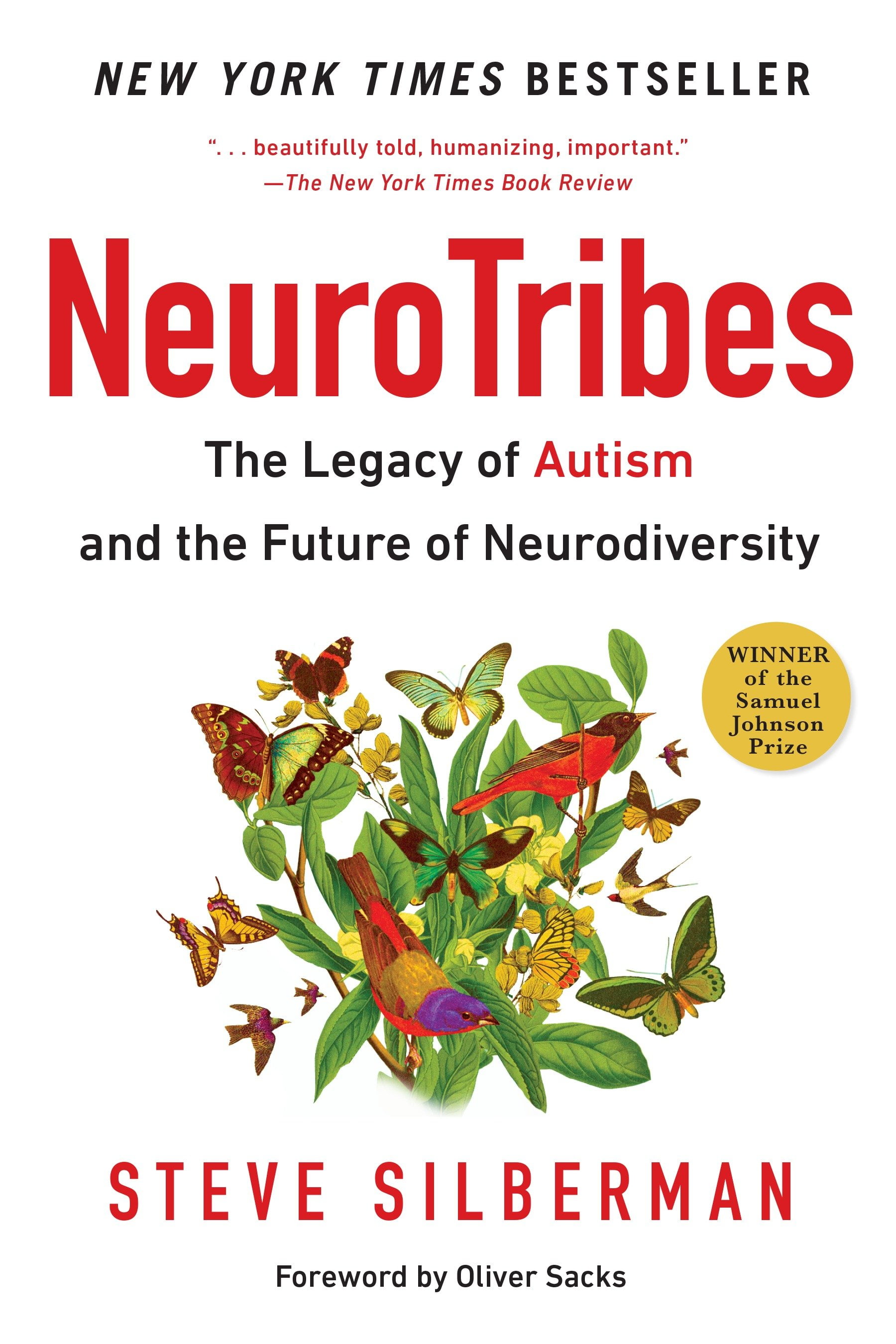April 2nd – 8th is Autism Acceptance and Awareness Week. Autism is a neurodevelopmental disability that affects 1 in 100 people in the world. It is characterized by issues with socialization and communication, repetitive behaviors and interests. To celebrate Autistic people and their caregivers, we have gathered a list of books and resources we can use to educate ourselves and understand the Autistic community and its unique members.
Unmasking Autism: Discovering the New Faces of Neurodiversity is written by social psychologist and author Dr. Devon Price. He provides a deep explanation of common Autistic behaviors and demystifies the phenomenon known as masking. He explains that for every visibly Autistic person, there are many more masking their Autistic traits to appear as neurotypical in a world that often ridicules and stereotypes Autistic people. Dr. Price shares his own personal experience with masking and unmasking and lays out the steps he took in his unmasking journey and invites readers to do the same. He shares exercises made to break down masking behaviors and invite in self-expression and authenticity. Dr. Price calls on readers to live in their truth and imagine a world that better understands autistic needs to make the exhausting behavior of masking unnecessary.
Neurotribes: The Legacy of Autism and the Future of Neurodiversity is an important foundational text to learn more about how Autism has been studied and understood through the years. This is an excellent book to educate readers about the legacy of autism treatments, stereotypes, and the ways in which our understanding of the condition has evolved with time. Steve Silberman takes the readers on a well-researched journey that highlights the perspectives of professionals, caregivers, and most importantly, autistic people themselves in a text that lays a solid foundation for education about autism and autism advocacy work.

Invisible Differences is a graphic memoir about Julie Dachez’s journey to diagnosis of Asperger‘s in adulthood. She outlines a life of feeling different while struggling in ways she could not explain. However, when she learns about Autism Spectrum Disorders, Julie understands herself and her life in a brand new way. Seeking diagnosis, accommodations, and support change her life for the better until she begins living in full color. This account provides an understanding of how far we have to go as a society in understanding the unique ways in which autism can present in people. Additionally, it tells a story of late-diagnosed autism and the barriers people face when they don’t have the language to describe what it is that is making them feel different from their peers.

Comedian Fern Brady describes her struggles with Autism Spectrum Disorder at length in her memoir, Strong Female Character. She not only describes her experience with the disability but also the commorbid conditions she developed alongside her autism. With honest, hilarious, and engaging storytelling, Brady shares the reasons why her autism went unnoticed for so long while explaining how this is common for autistic women and people of color everywhere due to society’s reductive stereotypes of typical autistic behaviors. Brady outlines the work she had to do to better accommodate for her autism and unlearn harmful coping behaviors.

Check out these books and more in the Oxford College Library or online with Overdrive.
Below, we will share some resources you can browse to learn more about Autism and Autism Advocacy efforts:
The Autistic Self Advocacy Network
Autistic Women and Non-binary Network
